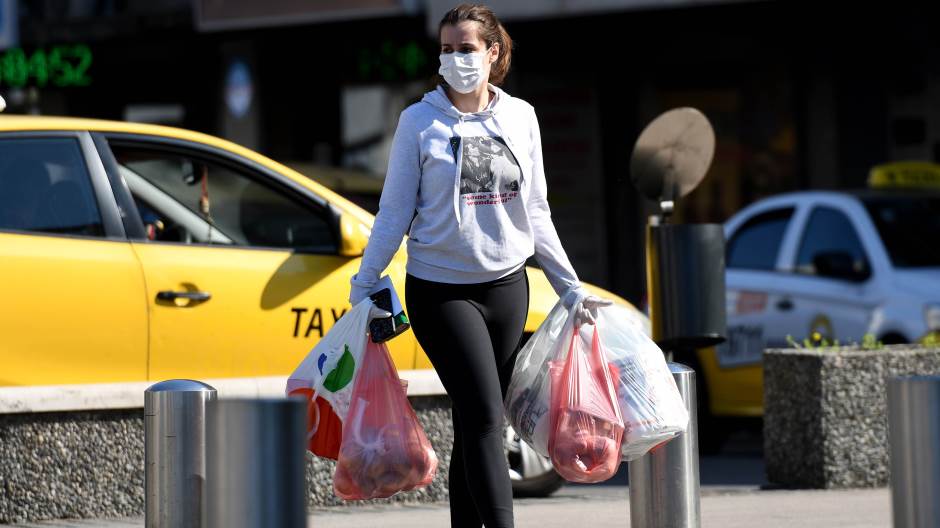
The effectiveness of homemade masks is "not possible to assess" at this time, said the National Academies of Sciences, Engineering and Medicine in a letter to the White House on Wednesday.
The National Academies offered guidance about the country’s recommendation that people wear homemade masks to protect from the spread of coronavirus when an individual is asymptomatic or pre-symptomatic.
How well masks work depend on how they are made, the quality of production, and on how well the person follows other precautionary behaviours, said the letter.
How coronavirus spreads: Researchers believe Covid-19 primarily spreads via large droplets, such as when someone coughs or sneezes. But it is also believed to spread via invisible droplets, as small as 5 microns – and even smaller bioaerosol particles – that can be expelled when an infected person breathes.
How much these tiny particles can spread the disease is unknown, the letter says.
Studies on the effectiveness of homemade masks are limited: One unpublished study showed that thicker masks worked better, but one mask that was tested was so thick it would “cause great discomfort” and may cause the wearer to pass out.
There were no studies on how well homemade masks fit, the letter said. An ill-fitting mask may leak. And if a person sweats, the moisture could trap the virus and become a potential contamination source.
Another experiment looking at masks made from sweatshirts, t-shirts, towels, scarves and cloth masks found that they reduced some low-level protection against nanoparticles from someone breathing, but not from aerosolized infection.
Kakvo je tvoje mišljenje o ovome?
Učestvuj u diskusiji ili pročitaj komentare





 Srbija
Srbija
 Hrvatska
Hrvatska
 Slovenija
Slovenija







